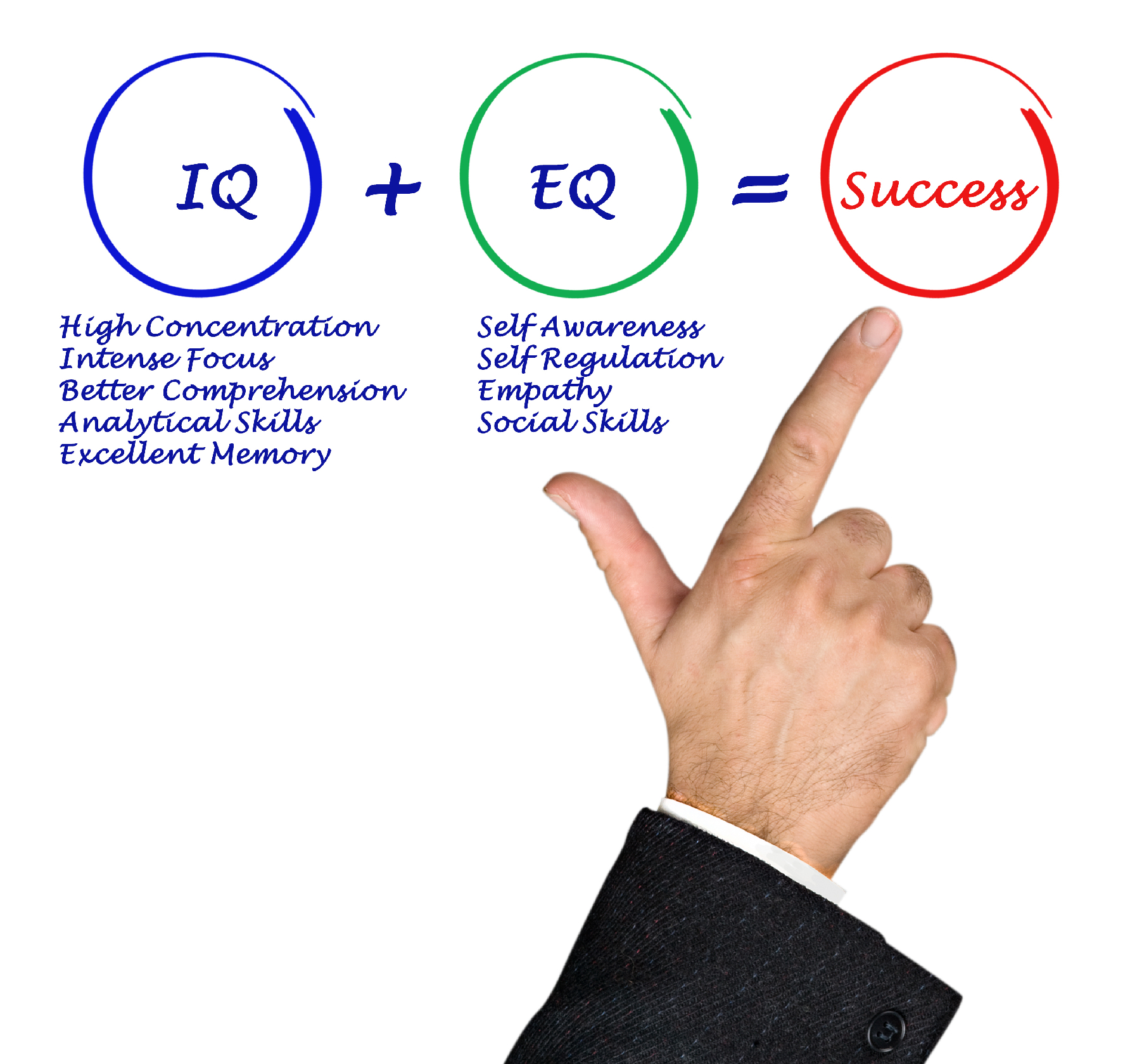Spotting Early Indicators of Cognitive Decline and Immediate Actions to Take
The Role of Regular Cognitive Assessments
Regular cognitive assessments can play a crucial role in detecting early signs of cognitive decline. These assessments can identify changes in cognitive abilities and provide valuable information for early intervention strategies. In this section, we will discuss the importance of regular cognitive assessments and how they can help in early detection of cognitive decline
Cognitive assessments can include various tests that measure different aspects of cognitive function, such as memory, attention, language skills, and problem-solving abilities. Regular assessments can help track cognitive changes over time and identify early signs of cognitive decline that may not be noticeable in daily life.
Immediate Actions to Take
Once early signs of cognitive decline are identified, immediate action is necessary. This can include seeking medical advice, making lifestyle changes, and exploring treatment options. In this section, we will discuss the immediate actions to take when early signs of cognitive decline are detected.
Seeking medical advice is the first step when early signs of cognitive decline are noticed. A healthcare professional can provide a comprehensive assessment, diagnose the cause of the symptoms, and recommend appropriate treatment options. Lifestyle changes, such as improving diet, increasing physical activity, and engaging in cognitive stimulation activities, can also help manage symptoms and slow the progression of cognitive decline.


